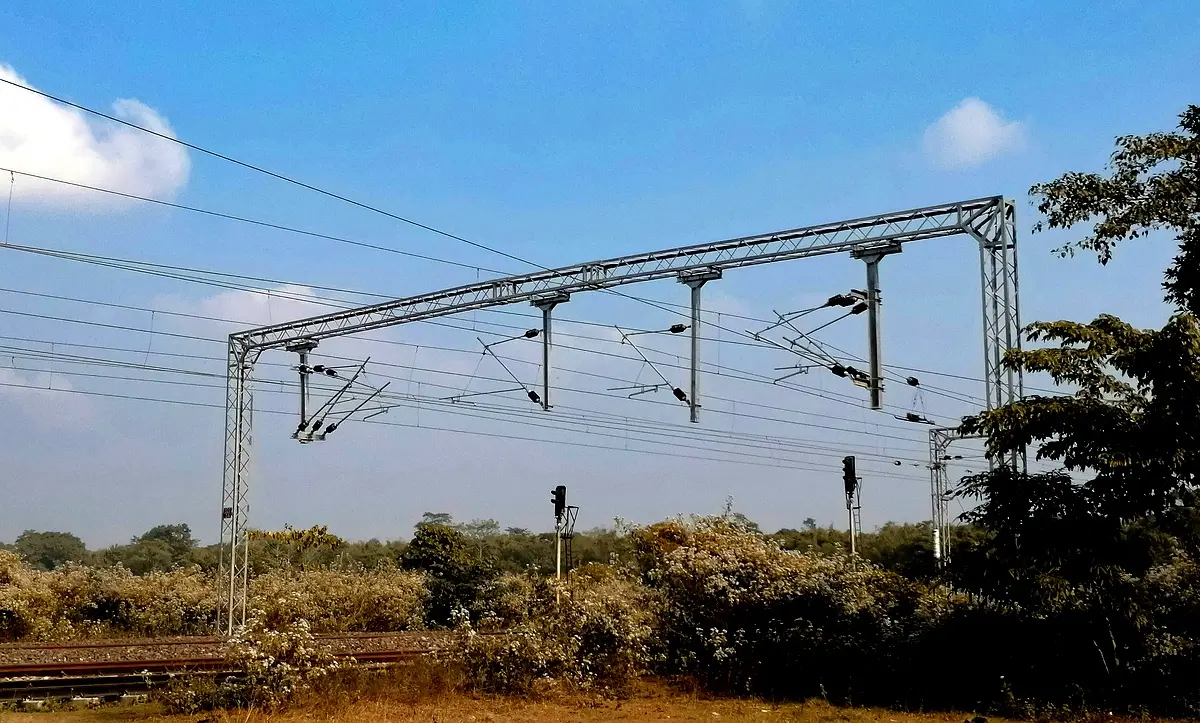Can energy consumption methodology truly unlock economic growth? This research reveals striking causal relationships across 15 African nations, highlighting how electricity emerges as the most influential energy type, reshaping our understanding of economic dynamics from 1980 to 2012.
International College
University of Thai Chamber of Commerce
Master of Economics Program in International Business Economics
Project presentation
Energy Consumption & Economic Growth: Evidence on 15 African Countries 1980-2012

Soppo Ntouba Regine
Supervised by: Lalita Chanwongpaisarn, Ph.D
2016
Abstract
The aim of this paper is to provide empirical evidence on the causality between energy consumption and economic growth for the 15 first economies in Africa (2015 est.) over the period of 1980-2012 using the Granger Causality test. The test has been divided into 2 steps: where the first one consisted of testing the causality between total energy consumption and GDP.
From this, results show that there is a unidirectional causality from total energy consumption to GDP in Nigeria, South Africa, Kenya, Ethiopia, Tunisia, Ghana, Libya, and Cameroon. In Algeria, we observe a unidirectional causality from GDP to total energy consumption. Meanwhile, in Angola, we notice a feedback causality. But in Egypt, Morocco, Sudan, DR Congo, and Ivory Coast, results are showing a neutral effect between both variables.
The second step consisted of choosing types of energy that those countries have in common: oil, electricity, and natural gas. Then test their causality toward GDP. As a result, we can see that electricity has more impact than the other types of energy.
Keywords: Africa, Economic growth, Energy consumption, Electricity, Granger causality test, Natural gas, Oil.
- Introduction
When looking at history, we agree with the fact that there is a strong link between the availability of energy resources and economic development. Thus, when man has domesticated animals like the horse, which has been one of the first demonstrations of energy use and economic growth in the way that it was helping humans in sectors such as agriculture. Followed by the steam engine running on coal, which gave the signal of the industrial revolution and the emergence of our modern economy. Finally, one of the most important oil’s arrival, which allowed the development of the automobile.
From this historical background came the theory which claims that the production of energy changes leads to changes in economic growth. More precisely, if economic growth is strong, this would be caused by an abundant growth of energy; conversely, decreased energy production would cause a slowdown in economic growth. This thesis is supported in particular (Jancovici n.d.). Since different points of view are raised, but all are trying to find which variable determines the value of the other between energy consumption and economic growth. Did energy consumption predict economic growth? Or did economic growth do? These are the current issues that this paper is facing.
Indeed, one of the irrevocable effects of the technological revolution has been the destruction of the atmosphere. The worldwide concern nowadays is to reduce those effects, by natural resources use limitation. Thus, many researchers have been carried out, from that we get different points of view:
- Those who believe that energy consumption does not predict the economy. In this case, they advise reducing the use of natural resources.
- On the other hand, we have those economists who believe that energy consumption effectively determines the economic growth of a country. And totally disagree with the first conservative hypothesis, in the sense that the limitation of energy uses can be a handicap for a country’s economy (Bowden 2009).
- The other feedback hypothesis which stipulates that energy consumption and economic growth have mutual effects on each other.
- Finally, we have neutral hypotheses, which find a complementary relationship between both variables.
But now, when we try to link this general point of view to developing countries, especially African countries, which are known for their abundance in natural resources and are putting in place a lot of reforms to reach the status of developed countries. Our first preoccupation is to know if, at this stage of development, African countries can take the risk to limit their natural resources consumption? Or to endanger the earth?
Because energy is an important variable in production and most African countries rely on energy exportation, the value-added of this article is to find the causality between energy consumption and economic growth in developing countries, with a case study of the 15 richest countries in Africa in terms of GDP1 by using the Granger test causality.
We have disaggregated the energy consumption into oil, natural gas, and hydroelectric to see the different impacts that each energy has on the economic growth of those countries. From the other side, economic growth will be represented by the growth domestic product (GDP).
The empirical study might contribute to the establishment of effective economic policies for a fast and well-structured growth economy.
________________________
Frequently Asked Questions
What is the main focus of the research on energy consumption and economic growth in Africa?
The research investigates the causal relationship between energy consumption and economic growth in 15 African countries from 1980 to 2012 using Granger causality tests.
Which types of energy were analyzed in the study on African economies?
The study examines total energy consumption and specific energy types including oil, electricity, and natural gas.
What were the findings regarding the impact of electricity on economic growth?
The findings suggest that electricity has the strongest impact on economic growth among the energy types analyzed.
1. https://www.rtmath.net/help/html/93a7b7b9-e3c3-4f19-8a57-49c3938d607d.htm ↑
